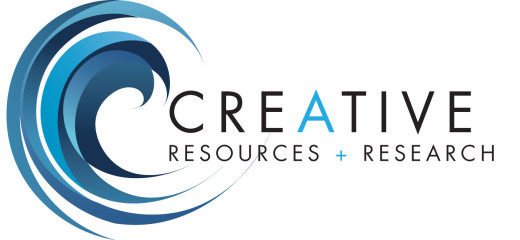Navigating the Pitfalls: Assessing the Limitations of AI in Grant Writing
The integration of artificial intelligence (AI) has undoubtedly transformed various aspects of our lives, including grant writing. While AI can offer numerous benefits, it is crucial to recognize the limitations of AI in grant writing. Here are seven potential drawbacks that arise when utilizing AI in grant writing, helping you navigate these pitfalls and make informed decisions about its application in your grant-seeking endeavors.
1. Lack of Contextual Understanding
While AI algorithms can process vast amounts of data, they often struggle to grasp the nuanced context of grant proposals. Grant writing requires storytelling and a deep understanding of the project’s purpose, impact, and alignment with the grant’s mission – qualities that AI may struggle to capture accurately.
2. Overreliance on Templates with AI in Grant Writing
AI-powered writing assistants and templates can be useful starting points, but excessive reliance on them can lead to generic proposals lacking the necessary specificity and personal touch required to stand out. Grant reviewers are often well-trained at detecting formulaic or uninspired content.
3. Limited Creativity and Innovation
AI is still evolving in terms of its ability to generate truly creative and innovative ideas. Grant proposals often require unique approaches and genuinely inventive solutions. Relying solely on AI-generated content may hinder your ability to demonstrate the necessary creativity and originality.
4. Insufficient Human Touch
Building relationships and demonstrating a personal connection with the grant reviewers or funders is a vital aspect of successful grant writing. One of the most significant limitations of AI for grant writing is that AI cannot replicate the human touch and emotional appeal that comes from genuine interactions, potentially weakening the impact of your proposals.
5. Inaccurate Recommendations
AI-powered grant matching and recommendation systems, while helpful, may not always provide the most relevant or up-to-date information. Over-reliance on AI recommendations without manual review can lead to missed opportunities or applying for grants that aren’t the best fit for your organization or project.
6. Ethical Considerations — Bias
AI algorithms learn from past data, which can introduce biases and inequities into the decision-making process. Grant writing aims to promote fairness and equal access to funding, making it essential to critically evaluate AI tools for any potential biases and ensure equitable outcomes.
7. Ethical Considerations — Plagiarism
This is a very complex topic. While AI has done much to combat plagiarism by identifying patterns present in AI-generated text, it has also created new ways of avoiding plagiarism detection. Further, the use of copyrighted language to train AI has become a hot topic lately. The courts have yet to sort it out.
While AI can undoubtedly aid grant writers, it is essential to recognize the limitations or AI for grant writing and navigate the pitfalls diligently. Grant writing requires a combination of creativity, storytelling, and human connection that AI struggles to replicate fully. Leveraging AI as a support tool, taking into account its context-related limitations, and applying human judgment can help strike a balance between efficiency and preserving the integrity of grant proposals. By recognizing the pitfalls, grant writers can maximize the benefits of AI while ensuring their proposals remain compelling, innovative, and strategically aligned with the goals of grant-making organizations.
Contact us for more help on this topic!


